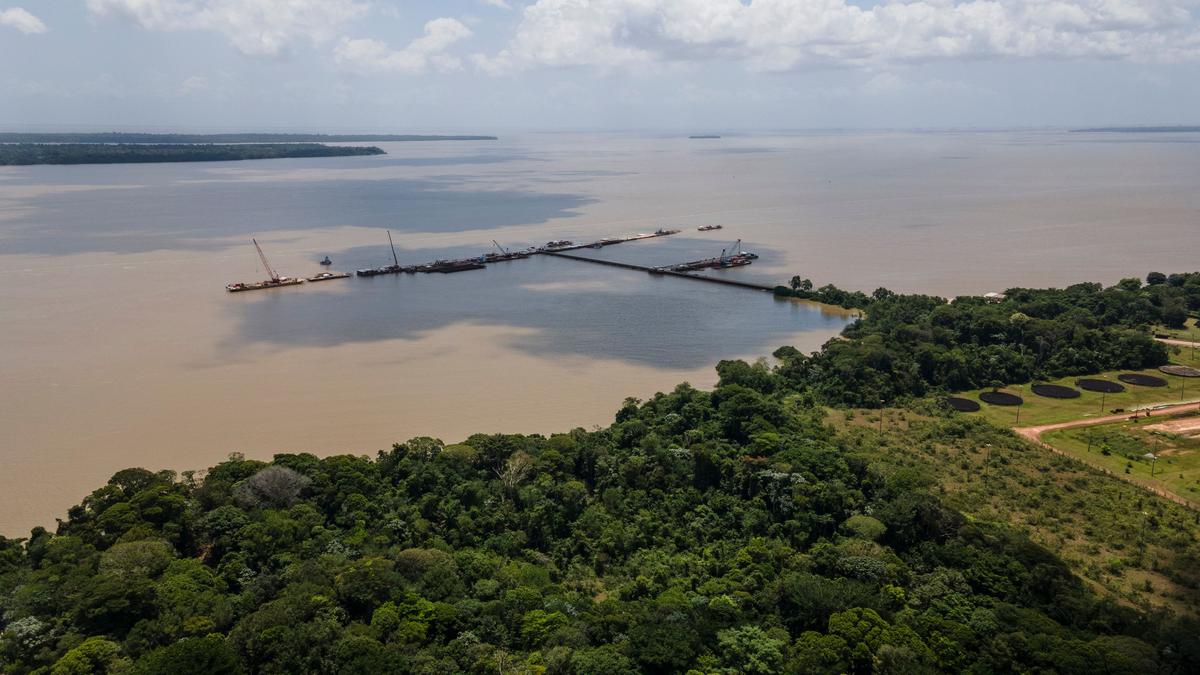Now Reading: COP-30 to Prioritize Proven Climate Solutions, Confirms President
-
01
COP-30 to Prioritize Proven Climate Solutions, Confirms President
COP-30 to Prioritize Proven Climate Solutions, Confirms President

Quick Summary
- Event: UN Climate Conference COP-30 to be held in November 2025, in Belem, Brazil. Focus on “implementation” over negotiations for climate solutions.
- host Country’s Approach: Brazil seeks to decouple negotiations (creating agreements) from implementation (acting on agreed texts).
- Ancient Context: The Paris agreement from COP-21 committed all nations to limit global temperature rise below 2°C, ideally 1.5°C; but scientific assessments predict current commitments could lead to >2.6°C rise.
- Challenges: Multilateralism faces difficulties due to competing interests and lack of decisive diplomatic actions post U.S.-China backroom deals during COP-21.
- Role of Non-Government Actors: Increasing calls for states, cities, businesses, and think-tanks to take bold emission-limiting actions as national diplomats struggle wiht consensus-building.
- Financial Commitments Post-COP29: Countries agreed upon a climate finance goal of $300 billion per year by 2030-a significant increase but far below the necessary $1.3 trillion globally.
Indian Opinion Analysis
COP-30 represents an importent pivot in global climate efforts by focusing on implementing prior agreements rather than negotiating new ones-a pragmatic approach given the urgency underscored by rising temperatures and inadequate commitments thus far. For India, this shift offers opportunities at sub-national levels where cities like Delhi or Mumbai can lead actionable solutions such as renewable energy infrastructure or urban forestry initiatives discussed during past conferences.
Moreover, calls for non-government actors align well with India’s active grassroots movements advocating for climate action beyond top-down policymaking processes. However, scalability remains a challenge due to insufficient financial flows towards developing nations despite agreed hikes in future funding targets-something India must highlight given its dual obligation towards progress and sustainability.
collaboration mechanisms like facts-sharing between countries hold promise; greater exchange with countries such as Brazil could help foster innovation around agriculture resilience or forest conservation that benefit India’s diverse geography. With limited diplomacy-driven breakthroughs expected at COP30 against a backdrop of geopolitical uncertainty (like renewed U.S withdrawal under Trump),leveraging decentralized approaches might prove crucial for long-term results.
Read more: Link
























